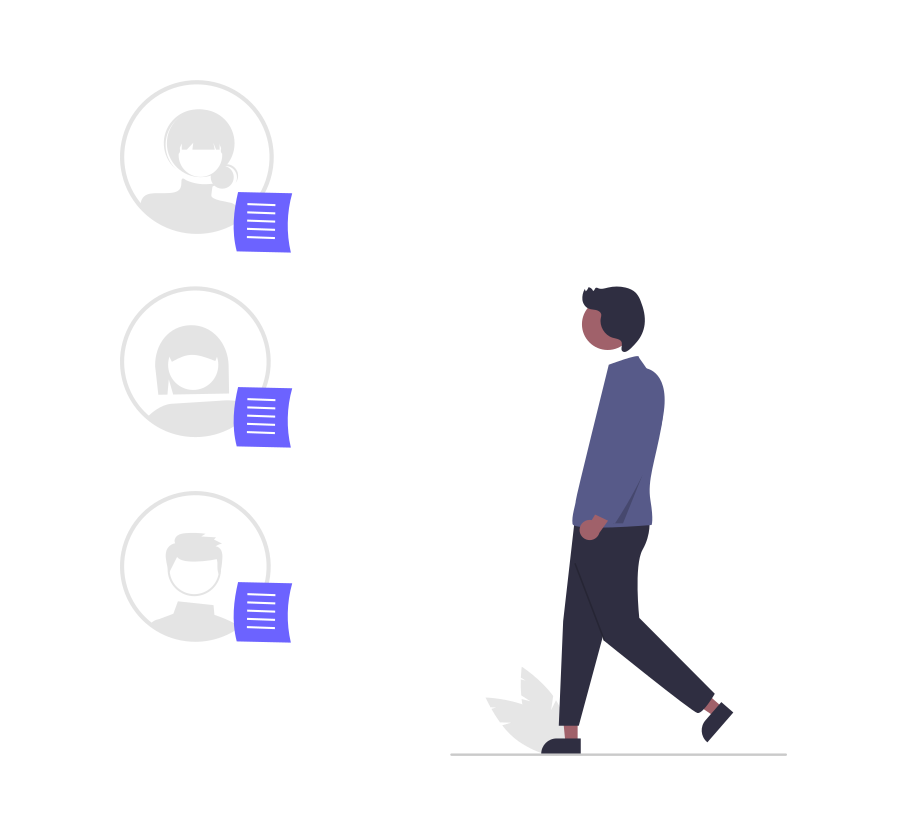In B2B marketing, understanding audience sentiment, trends, and industry conversations is essential for creating effective, relevant strategies. Social listening—the practice of monitoring digital conversations across social media, forums, and other online spaces—provides valuable insights into customer needs, emerging topics, and competitor activity. By leveraging social listening tools, B2B marketers can refine their strategies, anticipate market shifts, and enhance engagement.
This blog explores how B2B marketers can integrate social listening into their strategy for better, data-driven decisions.
Capturing Industry and Audience Insights
Social listening helps B2B marketers identify topics and trends relevant to their audience by analyzing online discussions and interactions. By monitoring keywords, hashtags, and key phrases associated with your industry or product, you can gain insights into the challenges and interests of your target audience. This data can help marketers create content that resonates with their audience and addresses current needs.
In addition, social listening can reveal shifting industry trends or emerging technologies, allowing you to stay current and adjust strategies accordingly. By staying informed on trending topics, B2B marketers can engage in timely conversations and establish their brand as a thought leader in the field.
Refining Content Strategy
Using social listening to understand what content resonates with your target audience enables more effective content creation. Analyzing popular topics, frequently asked questions, and trending keywords can help B2B marketers develop content that directly addresses the interests and pain points of potential clients.
For instance, if there’s a surge in discussions about a particular technology or industry challenge, marketers can create educational resources, blogs, or webinars addressing these themes. Regularly refining content based on social listening insights ensures that your brand remains relevant and responsive to the needs of your audience.
Enhancing Competitive Intelligence
Social listening provides valuable insights into your competitors’ activities by tracking mentions of their brands, products, and campaigns. By monitoring competitor mentions, B2B marketers can understand what strategies resonate with their audience and identify any gaps or opportunities in their own offerings.
Observing the strengths and weaknesses highlighted in competitor discussions can also help marketers adjust their messaging or introduce solutions that meet unfulfilled needs. This proactive approach to competitive intelligence enables B2B marketers to differentiate their brand and respond swiftly to market shifts.
Improving Customer Engagement and Responsiveness
One of the key benefits of social listening is its ability to facilitate real-time engagement with your audience. By monitoring social channels and responding to comments, questions, or mentions, B2B marketers can build stronger relationships and improve customer satisfaction.
Engaging with customers in real time allows you to address concerns, answer questions, and even join relevant discussions. This level of responsiveness demonstrates attentiveness and fosters trust with prospects and customers, positioning your brand as accessible and responsive.
Optimizing Product Development and Positioning
Social listening can provide direct feedback on how customers perceive your product, helping B2B marketers and product teams make informed decisions. By tracking mentions of your products or services, you can gain insights into customer experiences and expectations, which can be invaluable for product development.
For instance, if customers frequently mention certain challenges or request new features, this data can guide product updates or inspire new offerings. Social listening provides a feedback loop that helps ensure your product remains aligned with customer needs and market demands, supporting long-term success.
Conclusion
Social listening is a powerful tool that enables B2B marketers to gather actionable insights, refine their content, and engage with audiences effectively. By integrating social listening into their strategy, B2B marketers can stay responsive, informed, and competitive in a rapidly changing digital landscape. This approach fosters a more customer-centric strategy that aligns with audience needs and enhances overall marketing effectiveness.


